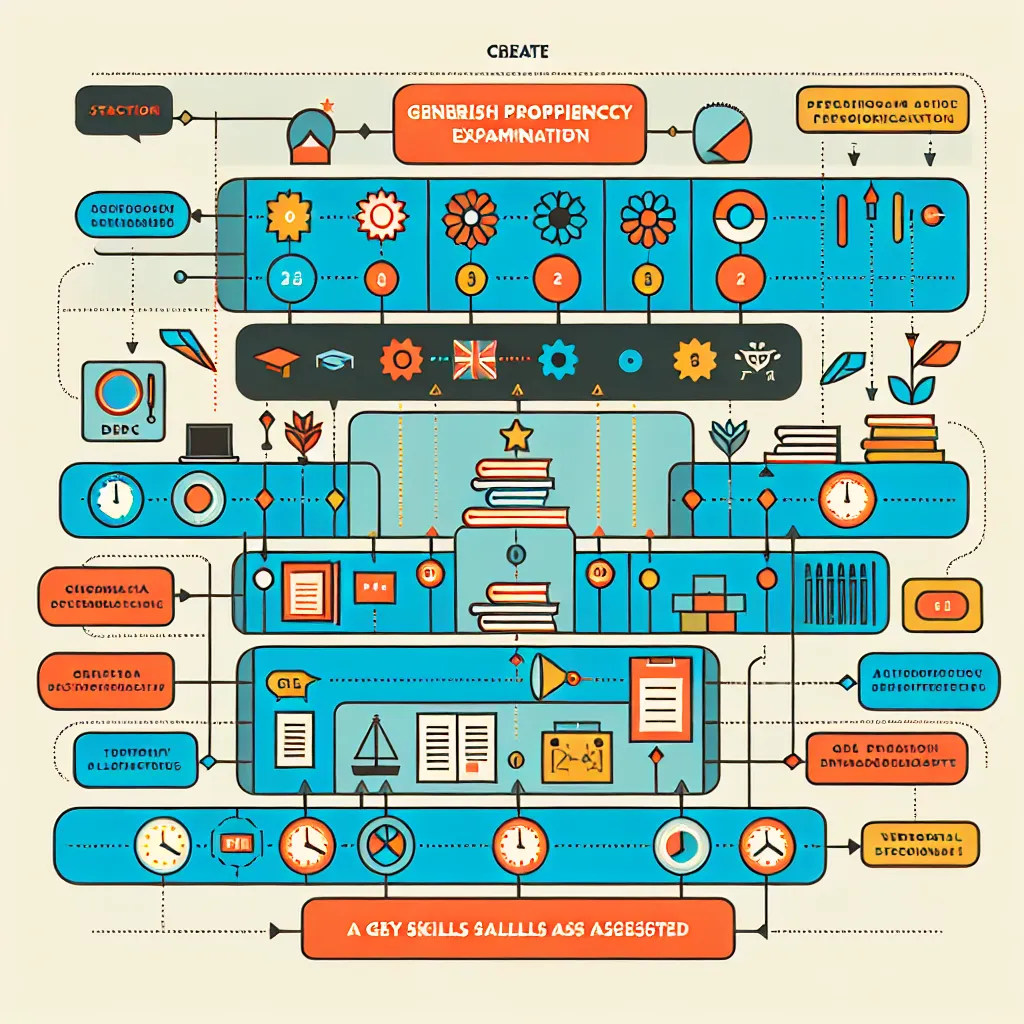Are you preparing for the Pearson Test of English (PTE) Academic exam? One of the most crucial aspects of your preparation should be expanding your vocabulary. A rich and diverse vocabulary can significantly boost your performance across all sections of the PTE exam. In this comprehensive guide, we’ll explore the essential vocabulary you need to learn for the PTE exam and provide effective strategies to master them.
Why Vocabulary is Crucial for PTE Success
Vocabulary plays a pivotal role in the PTE exam, impacting your performance in reading, writing, speaking, and listening tasks. A strong vocabulary enables you to:
- Comprehend complex reading passages more easily
- Express your ideas clearly and precisely in speaking and writing tasks
- Understand audio materials more effectively in listening tasks
- Score higher in the vocabulary section of the exam
 Importance of Vocabulary in PTE
Importance of Vocabulary in PTE
Essential Vocabulary Categories for PTE
To excel in the PTE exam, focus on learning words from the following categories:
1. Academic Vocabulary
Academic vocabulary is crucial for understanding complex texts and expressing sophisticated ideas. Some examples include:
- Analyze
- Hypothesis
- Paradigm
- Empirical
- Methodology
2. Topic-Specific Vocabulary
The PTE exam often includes texts and questions on various topics. Familiarize yourself with vocabulary related to:
- Environment and climate change
- Technology and innovation
- Globalization and culture
- Health and medicine
- Education and learning
3. Collocations and Phrases
Collocations are words that often appear together and sound natural to native speakers. Learning these can improve your fluency and naturalness. Examples include:
- Conduct research
- Draw a conclusion
- Raise awareness
- Significant impact
- Widely accepted
4. Synonyms and Antonyms
Expanding your knowledge of synonyms and antonyms can help you paraphrase effectively and understand nuances in texts. For instance:
- Enormous (synonym: massive, huge; antonym: tiny, minuscule)
- Beneficial (synonym: advantageous; antonym: detrimental)
- Enhance (synonym: improve; antonym: diminish)
Effective Strategies to Learn PTE Vocabulary
Now that we know what types of vocabulary to focus on, let’s explore some effective strategies to learn and retain them:
1. Use Spaced Repetition
Spaced repetition is a learning technique that involves reviewing words at increasing intervals. This method helps move vocabulary from short-term to long-term memory.
2. Create Word Maps
Word maps or mind maps can help you visualize relationships between words and their meanings, synonyms, and antonyms.
 PTE Vocabulary Word Map
PTE Vocabulary Word Map
3. Contextual Learning
Learn words in context by reading academic articles, listening to podcasts, or watching educational videos. This approach helps you understand how words are used in real-life situations.
4. Use Mnemonics
Create memorable associations or acronyms to help you recall difficult words. For example:
- Ubiquitous (found everywhere): Think “Ubi-quit-ous” – “Ubi” quit being rare and is now everywhere.
5. Practice Active Recall
Instead of passively reading word lists, test yourself regularly. Use flashcards or quiz apps to actively recall meanings and usage of words.
6. Incorporate New Words in Your Speaking and Writing
Make a conscious effort to use newly learned words in your PTE practice sessions. This will help reinforce your learning and improve your ability to use these words naturally during the exam.
Must-Know PTE Vocabulary Lists
While it’s impossible to predict exactly which words will appear in your PTE exam, here are some high-frequency word lists to focus on:
- Academic Word List (AWL)
- PTE-specific vocabulary lists available in reputable PTE preparation books
- Common collocations list
- Topic-specific word lists (e.g., environment, technology, health)
Important Tips for Vocabulary Learning
-
Quality over quantity: Focus on thoroughly learning a manageable number of words rather than trying to memorize an extensive list superficially.
-
Learn word families: When you learn a new word, also learn its different forms (e.g., noun, verb, adjective, adverb).
-
Use authentic materials: Practice with real PTE-like materials to ensure you’re learning relevant vocabulary in context.
-
Regular review: Set aside time each day to review and practice your vocabulary.
-
Track your progress: Keep a vocabulary journal to monitor your learning and identify areas for improvement.
Next Steps in Your PTE Vocabulary Journey
Now that you have a solid strategy for learning PTE vocabulary, it’s time to put it into practice:
- Start by assessing your current vocabulary level with a practice test.
- Create a study schedule that incorporates regular vocabulary learning sessions.
- Use a combination of the strategies mentioned above to learn and retain new words.
- Practice using your expanded vocabulary in PTE-style tasks regularly.
- Take periodic practice tests to measure your progress and adjust your study plan as needed.
Remember, building a strong vocabulary for the PTE exam is a gradual process that requires consistency and dedication. By following the strategies and tips outlined in this guide, you’ll be well on your way to expanding your vocabulary and boosting your PTE score.
Don’t hesitate to explore our other PTE preparation resources to further enhance your exam readiness. Good luck with your PTE journey!




